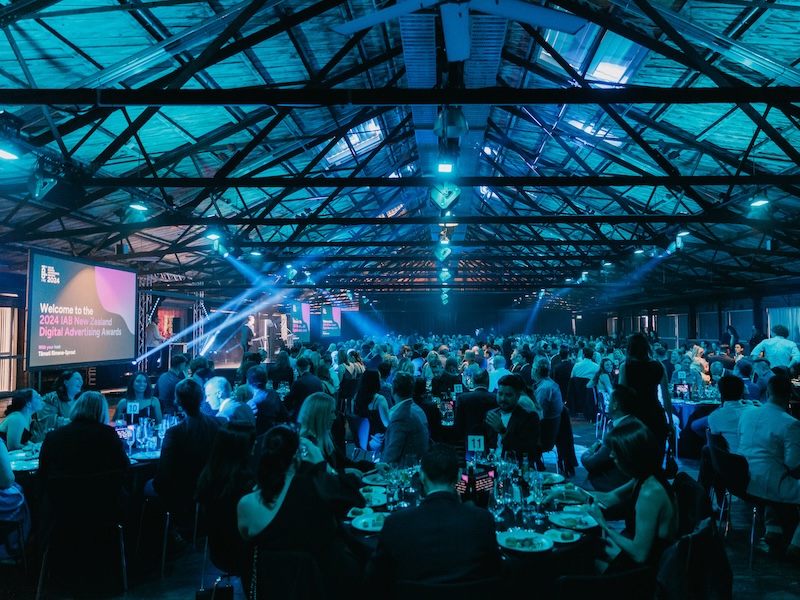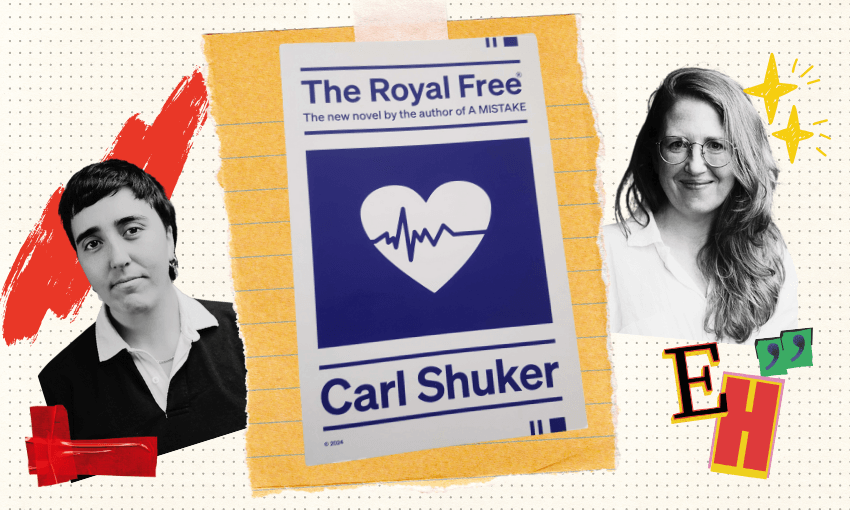A trade deal between the EU and New Zealand was far from certain. Glenn McConnell was in Brussels as negotiators and politicians from both sides worked to the last moment to get a deal over the line.
ANALYSIS: A bottle of wine from Waiheke Island, hand-delivered in Belgium by Prime Minister Jacinda Ardern, marked the sealing of the deal.
Ardern “settled a bet” with Peter Berz, the European Union’s chief negotiator for New Zealand’s free trade agreement. It appears the likelihood of a settled deal was so low, even the PM bet a bottle of red against it.
It took four years of negotiating, not to mention 10 years of New Zealand trying to start negotiations. But finally, this week, the EU and New Zealand agreed to a free trade deal.
Publicly, many agriculture lobbies and spokespeople from New Zealand have said Ardern should have left Brussels, the capital of the EU, without a deal.
They are critical about what they see as the lack of meaningful gains for New Zealand meat and dairy exports to the lucrative EU market.
READ MORE:
* Jacinda Ardern inks deal to make it easier for Kiwis to travel and work in the UK
* Jacinda Ardern reiterates concerns about China at Chatham House after embassy’s backlash
* EU and New Zealand secure free trade agreement
Glenn McConnell/Stuff
Prime Minister Jacinda Ardern and European Commission President Ursula von der Leyen confirmed a deal had been struck.
Publicly, many agriculture lobbies and spokespeople from Europe have also been critical. Competition from New Zealand beef and dairy farmers is a sensitive subject in some parts of the EU.
Trade Minister Damien O’Connor summed it up:
“ It’s probably fair to say, that no-one likes it,” he said..
Glenn McConnell/Stuff
Trade Minister Damien O’Connor said “no-one” is happy with the EU-NZ free trade agreement.
O’Connor had been in Brussels negotiating this deal all week, but the two sides couldn’t agree to their “agreement in principle”, until Ardern arrived in town.
Negotiators from both sides told Stuff the deal wasn’t agreed to until just a few hours before Ardern and EU Commission President Ursula von der Leyen appeared side-by-side at the European Commission to confirm a deal had been reached.
They said the deal would have returned to the backburner had it not been for political impetus to get something signed.
The European Commission has been under pressure to progress the many FTAs under way, many of which stall due to its weighty bureaucracy.
Those from the EU side were clear, as well, there was little economic pressure to progress the NZ FTA. New Zealand, a country of 5 million, has limited influence on a market of almost 500 million.
But “Brand New Zealand” carries some weight. And Ardern, who holds global name recognition, but represents a benign island nation, was well-placed to settle a deal.
A main concern had been agriculture. European Commission executive vice president Valdis Dombrovskis, their trade man, just smiled when asked what France thought of the increased access of dairy and red meat from New Zealand into the EU.
But he said, later, that France had been pleased to see sanctionable commitments to the Paris Climate Accord added to the agreement. You win some, you lose some.
The exact details of such a commitment are unclear, because the technical details for this FTA are yet to be released.
Ardern argued that the EU’s climate change focus worked in New Zealand’s favour. The group wants to sign “green deals”, and so Ardern repeated the catchphrase “if not New Zealand, who?”
The 100% Pure brand appeared to work, just.
Ardern spent her days in Madrid meeting with EU leaders to push for the trade deal. She spoke with Germany, Spain, The Netherlands and France in formal “bilateral” meetings.
Glenn McConnell/Stuff
Prime Minister Jacinda Ardern meets Prime Minister of Spain Pedro Sanchez at Moncloa Palace.
But many in Europe are sceptical of just how clean and green New Zealand really is. Dombrovskis faced questions about why the quota of New Zealand meat imports had increased about 9000 tonnes given the extreme travel distance and questions about this country’s animal welfare expectations.
A few European leaders swallowed dead rats for this deal, given their dairy, wine and red meat producers don’t want to compete with New Zealand.
But to reach this agreement, New Zealand agreed to something that will impact all consumers: Geographic Indicator rules.
To cut a long story short, in about nine years time New Zealand businesses won’t be able to make products with especially European names. These are words such as “feta” and “parmesan”.
They’re names we all know, printed in recipe books in almost every kitchen.
Ardern said it was a small price to pay for a deal estimated to be worth $1.8 billion each year.
But it also means the Government must now convince dairy and red meat producers that this deal hasn’t left them shortchanged. It provides an increase in their quota but not “free” trade, whilst removing their ability to sell “feta”.
The next step will be a PR exercise. What do you call feta if not “feta”? Ardern will need to think of something beta.
What do you think? Email sundayletters@stuff.co.nz




















Discussion about this post